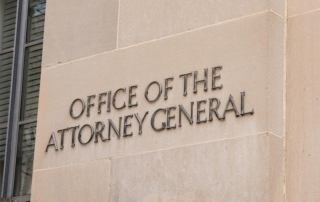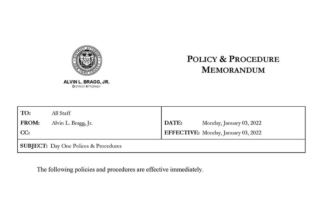When Special Agents with the FBI or IRS question you, you will want the best defense team to help navigate any interviews or subpeonas. Politely tell the agents that while you would like to talk with them, you need to contact your attorney and that they will get back to them. Ask them for their business cards so that you can give the information to your attorney. If they don’t have cards, write down their names, agency and contact information. Do not talk with them about the subject matter of their investigation. After they leave, contact an experienced criminal defense attorney to discuss your rights, potential exposure and your options.
DOJ’s Aggressive Prosecutions of COVID-19 Schemes and Healthcare Fraud Continues
The Department of Justice just announced charges against 21 individuals in a nationwide crackdown of COVID-19 related prosecutions that resulted in $150 million worth of fraud. The schemes were varied and involved medical doctors, medical labs, marketers and others in the healthcare field. For instance, two owners of a lab in California allegedly billed more [...]









